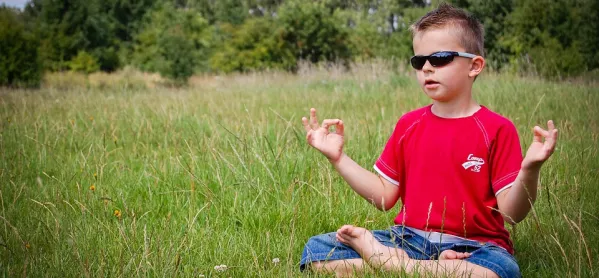Children who feel connected to nature achieve better results in their key stage 2 tests than those who do not, research has found.
Psychologists from the University of Derby questioned 775 pupils from 15 primary schools. They asked a number of questions, intending to establish how much of a connection the children felt with nature.
Pupils were asked to say how much they agreed with certain statements. These included: “I like to hear different sounds in nature”; “When I feel sad, I like to go outside into nature”; “Being in the natural environment makes me feel peaceful”; and “I like to garden”.
Dr Miles Richardson, who led the research project, found that children who exhibited a high level of connection to nature performed significantly better than other children in their English key stage 2 tests. They also performed slightly better in maths tests.
Those children with a connection to nature also tended to exhibit higher levels of wellbeing than their classmates. “That connection to nature is part of a healthy and satisfied life,” Dr Richardson said.
He is quick to insist that what is being measured is not how much time children spend in nature, but the quality of their connection with it. “It’s that feeling of having a relationship to the wider ecology - enjoying it, and finding wonder and awe. An emotional experience in the natural world,” he said.
“You don’t need a wilderness or a fantastic rural environment to experience a connection to nature. You can find it in very modest places: in the park, or in the flowers on the trees in the car park.”
The Derby psychologists are looking into ways they might be able to help pupils to develop and improve their appreciation of nature. They are currently investigating whether it would be better to teach children about plants and animals, or whether their appreciation for nature would be better developed through arts-based activities, such as nature drawing.
But Joe Hayman, chief executive of the PSHE Association, points out that it can be difficult to tell whether there is a direct causal relationship between pupil wellbeing and academic outcomes. Often, for example, a school with high levels of pupil wellbeing also provides strong academic education.
However, he added: “There’s quite clear evidence linking pupil wellbeing and academic achievement.”
Share your opinions on TES Community.




